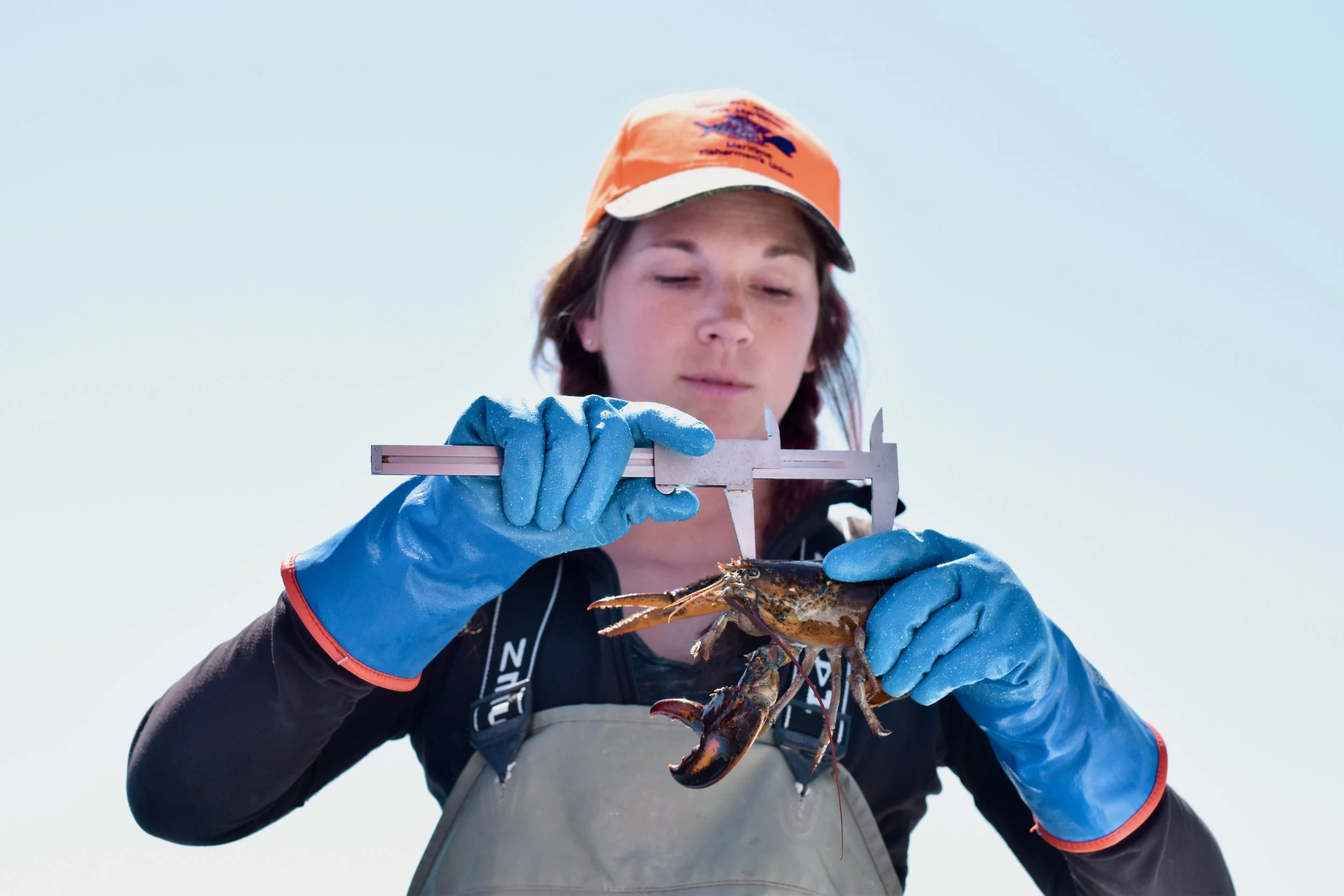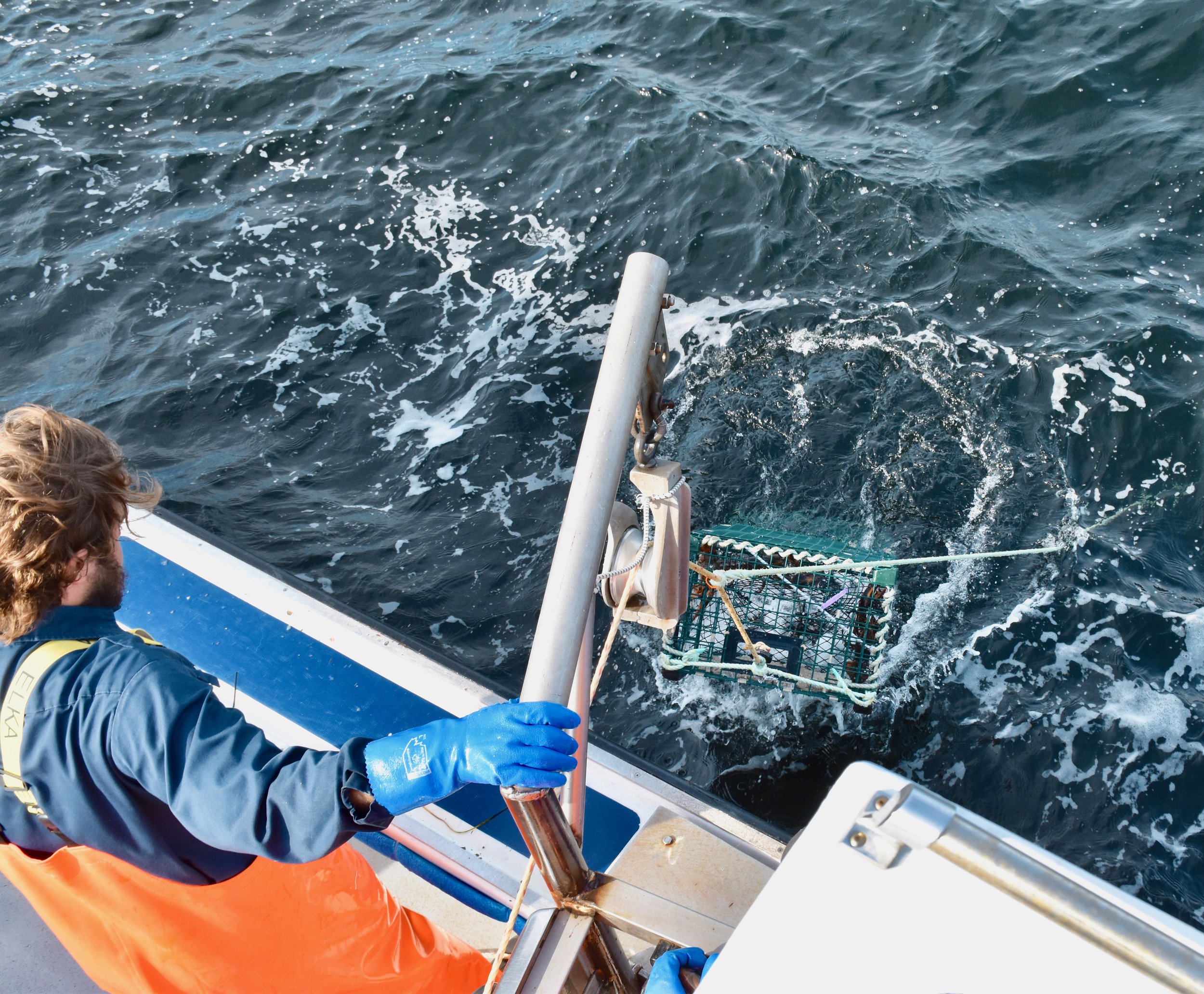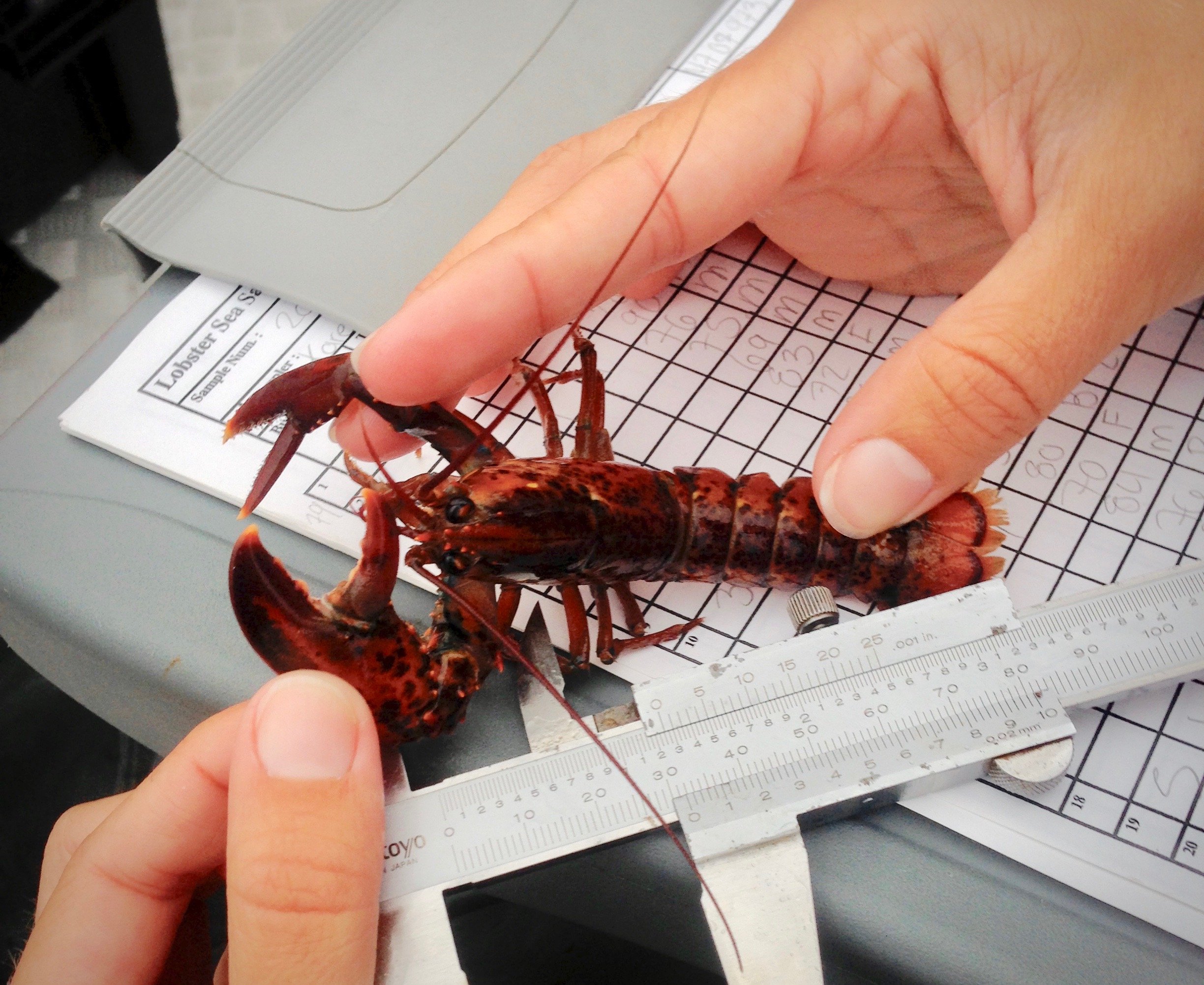As proud stewards of the ocean, the MFU’s members realize the importance of responsible resource management. Always looking to the future and wanting to ensure the sustainability of the resource for generations to come, the MFU has put a number of initiatives in place to protect the oceans.
As part of this ongoing commitment, Homarus was created by the MFU in 2001. Homarus is a unique non-profit research and development organization whose mission is to develop tools to ensure the sustainability of the lobster resource and its fishery.
Since its creation in 2001, Homarus has focused its activities in five key areas:
1. RESOURCE ENHANCEMENT
Artificial Reefs
The artificial reef project has resulted in the conception of a unique and innovative lobster reef design. This proven technology is now used on a standard basis for the development of coastal marine habitats. Since 2003, approximately 60,000 structures have been deployed to create over twenty artificial reefs across Atlantic Canada.
Lobster Seeding
Since its inception in 2002, this project has demonstrated that lobster seeding can have a significant impact on lobster populations and that this activity can be economically viable. Research has enabled the development of highly efficient hatchery techniques for producing large quantities of seed lobsters at very low costs. More than 7 million lobsters have been seeded in 31 areas of Atlantic Canada since the beginning of the project.
2. STOCK ASSESSMENT
Since 2011, Homarus has gathered information on lobster population structure and abundance through an at-sea (fishery dependent data) and SCUBA (fishery independent data) sampling program performed in several areas of East Coast of New Brunswick. This information on lobster stock status is essential for sustainable fisheries management and for a better management of the seeding and lobster reef programs.
3. ENVIRONMENT
Since 2006, several research projects aimed at understanding the interactions between the environment and lobster. These projects broach four themes: (1) environmental contaminants (ecotoxicology, pyrethroids, eco-genomics), (2) climate change (ocean acidification), (3) lobster benthic ecology (temperature, sedimentation, predation), (4) and the development of physiological condition indices for lobster.
4. ECONOMIC VIABILITY OF THE FISHERY
Although the resource can be healthy and abundant, the economic situation for fishermen can be difficult in the context of rising costs and stagnant lobster prices. This area of activity currently has three projects aimed at improving fishermen economic viability: (1) Alternative lobster bait development, (2) lobster quality assessment on the East Coast of New Brunswick and (3) the development of an electronic fishing log book.
5. EDUCATION
The Homarus Eco-Centre, aims to raise awareness and educate people about the world of lobster and its ecosystem through interactive guided presentations. The initiative also offers on-site youth educational programming for schools and daycares during the summer and continues throughout the fall when the program takes the road with a mobile exhibition (Mobile Laboratory).







